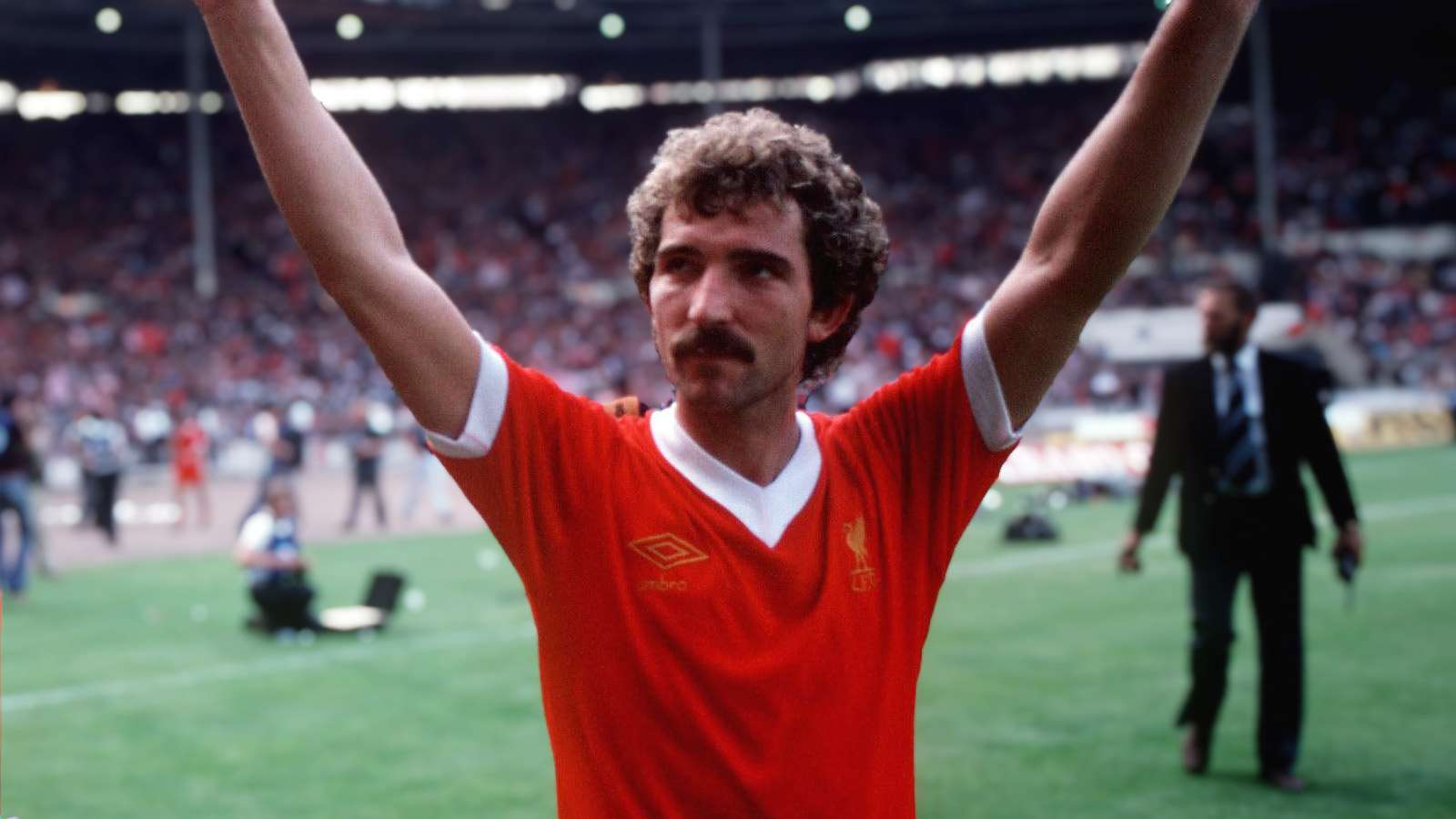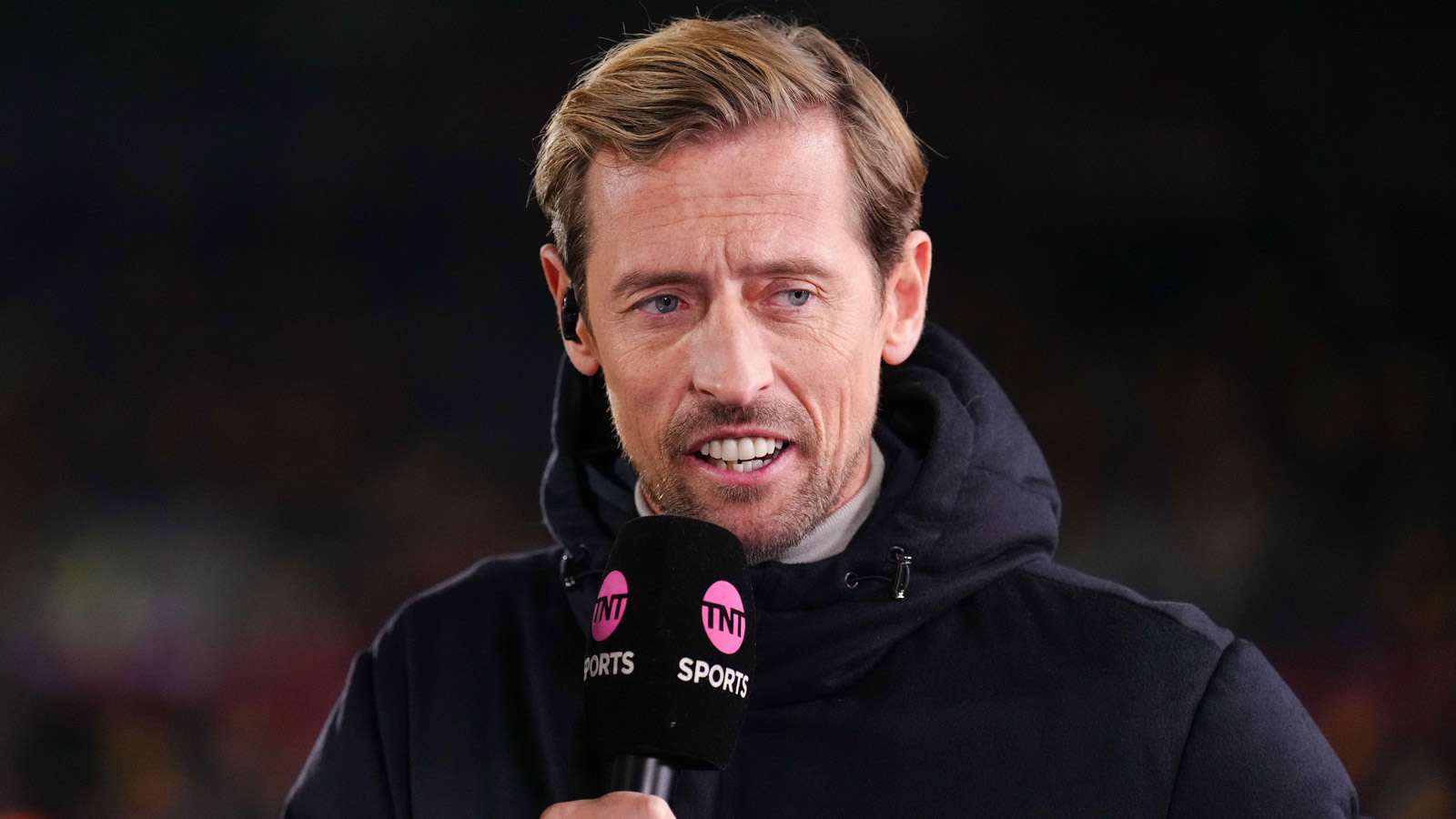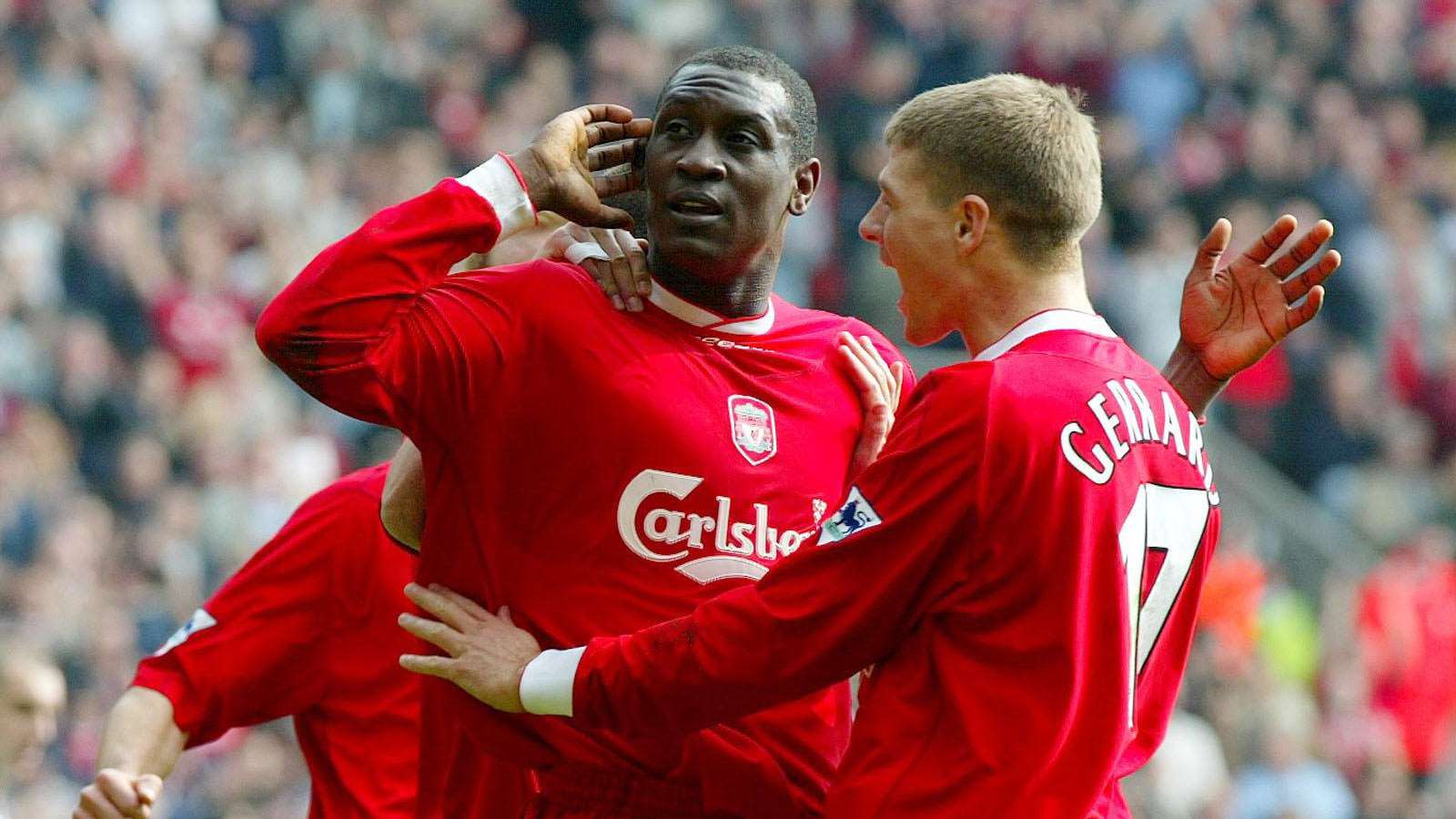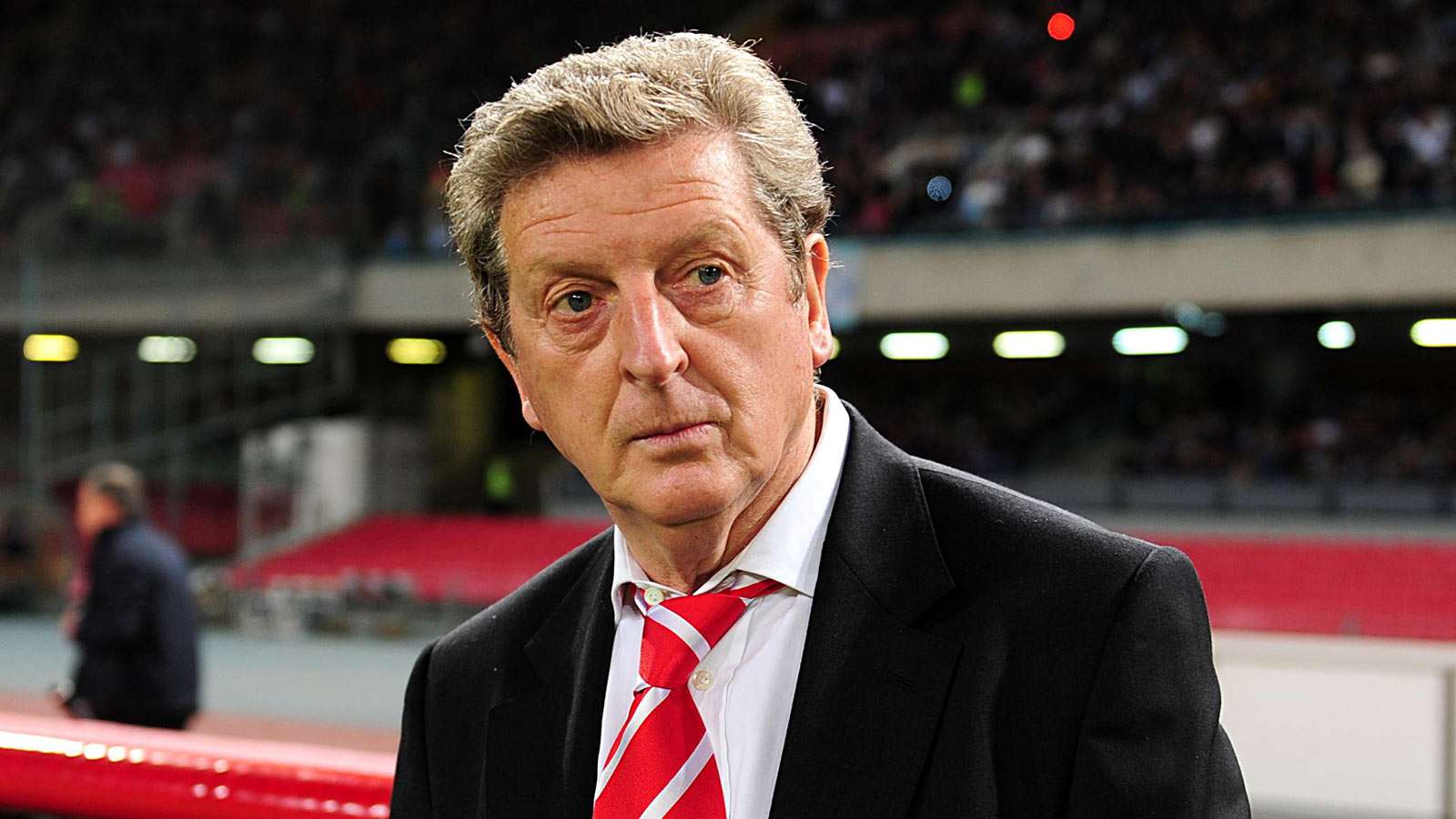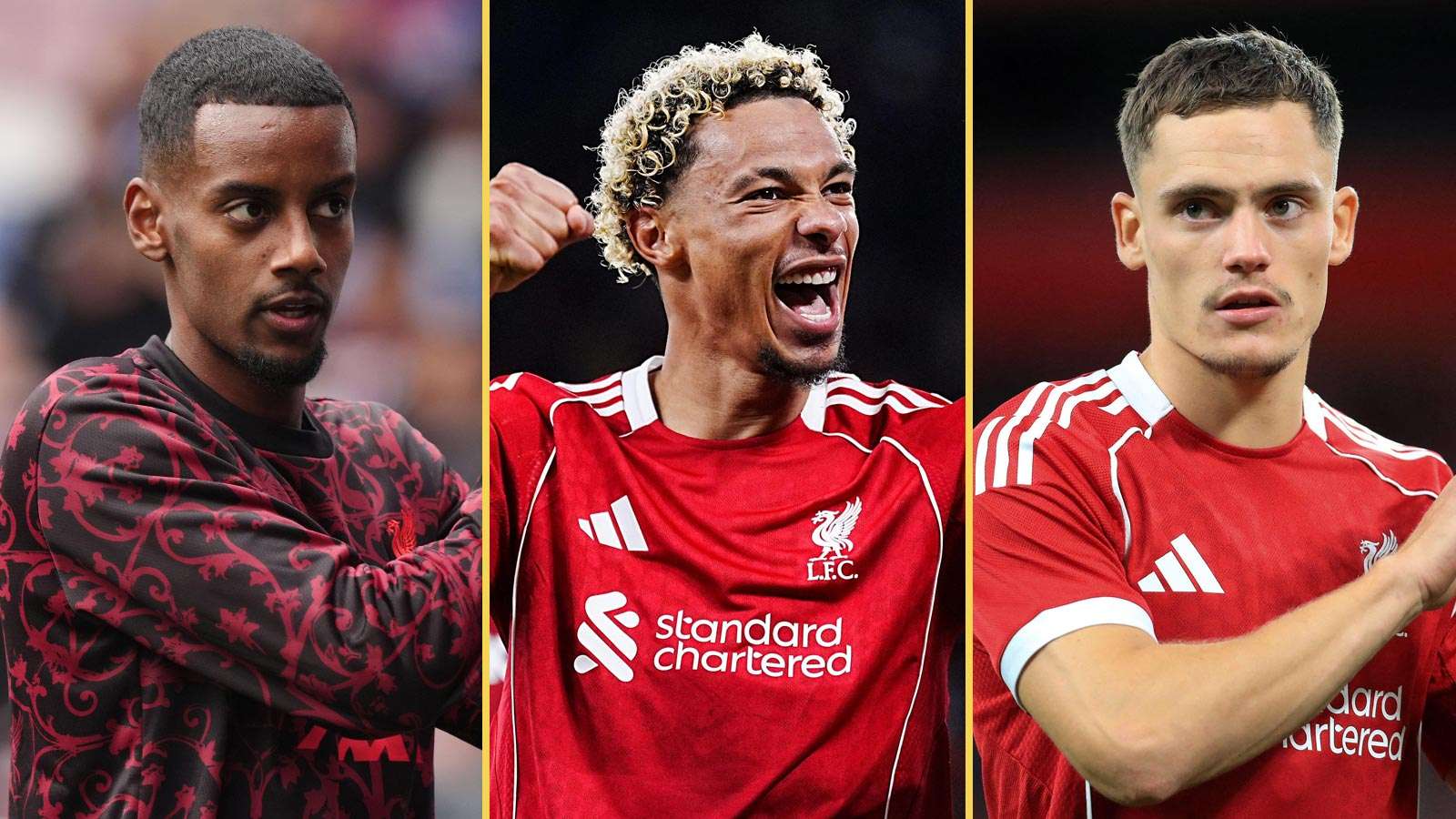Scottish legend Graeme Souness has spoken candidly about what he calls the biggest regret of his football career.
Souness’s career spanned three decades, rising to prominence in the late 1970s and early 1980s as the heartbeat of Bob Paisley’s dominant Liverpool side, winning five league titles and three European Cups.
Following his playing twilight at Sampdoria, where he helped the club win its first Coppa Italia in 1985, Souness returned home as player-manager at Rangers. During his five seasons at Ibrox the Scot engineered the “Souness revolution”, delivering three league titles and five League Cups before leaving for Liverpool in 1991.
Speaking openly in an interview with Simon Jordan, the former Scotland international reflected on his decision to take the Anfield job, succeeding Kenny Dalglish during one of the most turbulent periods in the club’s history.
“I was walking into something that I wasn’t prepared for and I think that stayed long after I left the football club.
I was privileged to have that job, but I shouldn’t have taken it at that time. I was always destined for that job I felt, but I shouldn’t have taken it at that time, at a time in the most difficult period of the club’s history.
My biggest regret is my time at Liverpool.”
Souness arrived at a club still reeling from the aftermath of the Hillsborough disaster, and facing significant change both on and off the pitch. The tenure saw a shift towards a more modern training regime and an overhaul of the squad, but results on the field were mixed.
While the club lifted the FA Cup in 1992, Liverpool’s league form faltered, and Souness’s reign was often overshadowed by injuries to key players and the departure of senior figures from the Dalglish era.
The admission of regret underlines what many have long suspected — that the timing, rather than the challenge itself, proved decisive. Souness’s managerial methods, forged in a different footballing climate, met resistance at a club undergoing deep transition.
Since leaving Anfield in 1994, Souness lead Blackburn Rovers to the League Cup in 2002 before carving out a respected broadcasting career, offering forthright analysis and drawing on a lifetime in the game.
Yet the Liverpool chapter remains an open wound, a reminder that even the most accomplished figures can be undone by circumstances and timing.
For a man whose playing days were defined by control and certainty, it is perhaps telling that his greatest regret is not about what he did, but when he chose to do it.
